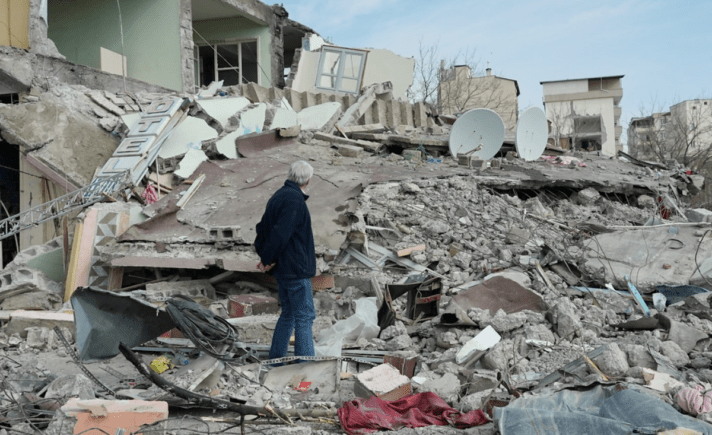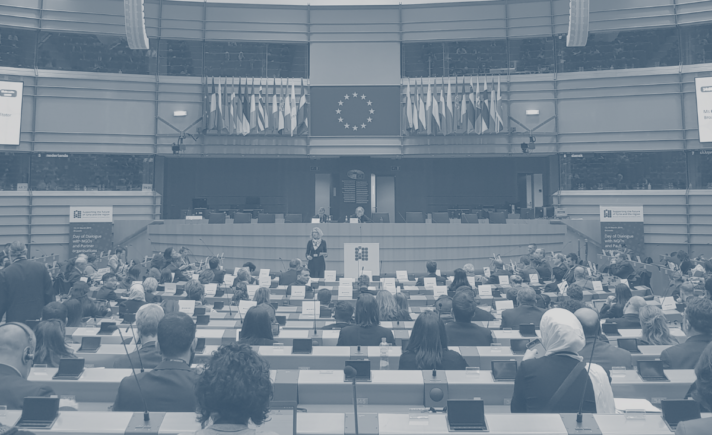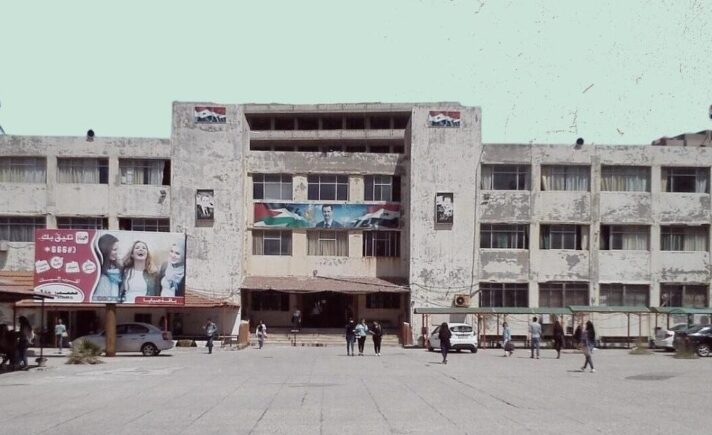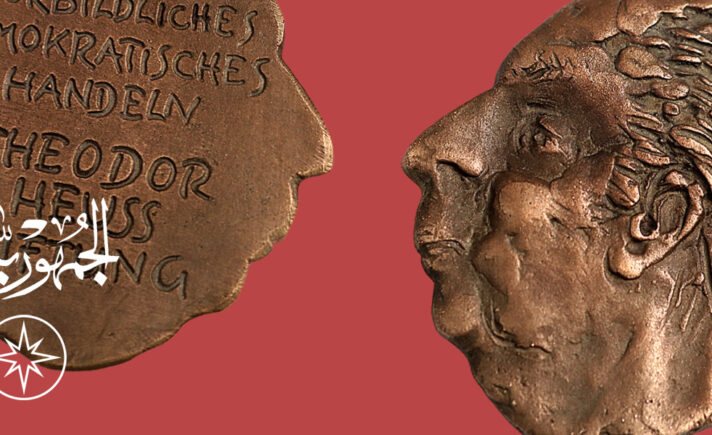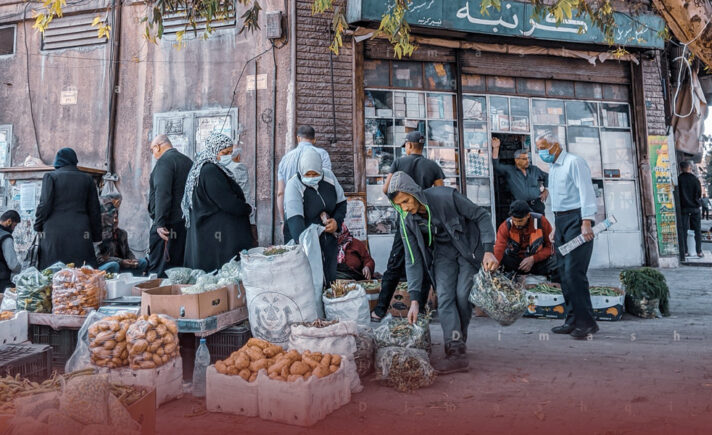“Sudan: The generals’ maneuvers” (15 April, 2019). The Sudanese revolution entered a new phase on Sunday, 14 April, when the transitional military council that deposed longtime dictator Omar al-Bashir agreed to the appointment of an independent, non-military figure to lead the transitional period, following ongoing street demonstrations calling for democracy. The military council has asked the opposition to name this figure, in what may be seen as a test of the latter’s internal coherence and overall ability to steer the country toward effective and democratic governance. For more details and analysis, including a timeline of key events leading up to and following Bashir’s overthrow, see our full report (Arabic).
“Morality police suffocate Idlib’s women” (16 April, 2019). In the north Syrian city of Idlib, and certain surrounding towns, the de facto ruling jihadists of Hay’at Tahrir al-Sham oversee a group called “SawāꜤid al-Khayr” (“the Arms of Goodness”), tasked with “the promotion of virtue and the prevention of vice,” according to its own mission statement. The group conducts patrols in public, at schools, and in markets, restaurants, cafes, and workplaces. Women living in Idlib tell Al-Jumhuriya how its members scold, insult, beat, and detain people—particularly women—deemed to be behaving or dressing in manners “offending” against the sharia, to the extent that residents compare them variously to ISIS’ “Hisba” force and the regime’s security branches. For more details, read our full report (Arabic).
“’Reconciliation’ as continuation of war” (17 April, 2019). The so-called “reconciliations” between the regime and opposition members that have taken place in various parts of Syria, from the Damascus suburbs to Hama Province to the South, have all had two things in common: men of fighting age have been forcibly conscripted into the regime army; and there has been no immunity from punishment for those previously wanted by the regime’s security apparatuses, whatever ostensible guarantees were provided when the “reconciliations” were agreed. Such “reconciliations” are, therefore, nothing of the sort, but rather are merely yet another means by which the regime wages its continuous war against opponents. For more, including remarks to Al-Jumhuriya from a former military defector who agreed to rejoin the army, only to be interrogated and beaten when he did, see our full report (Arabic).
“Piracy tourism in the West Bank” (18 April, 2019). Earlier this month, the Airbnb company reversed a former decision to exclude Israeli settlements in the occupied West Bank from its accommodation-sharing service, following a class action lawsuit filed against the company by Israeli lawyers. For more details, see our full report (Arabic).
“The sporting spirit in understanding racism” (19 April, 2019). “Informative” or “awareness-raising” posters and other visual materials addressed to refugees in their new countries of refuge often adopt patronizing stereotypes about them: the women depicted are veiled (and often pregnant), the men bearded, and so on. While such representations are not wholly inaccurate in many cases, they are nonetheless unhelpful – and even offensive – for the many refugees who do not conform to type. For more, read our full report (Arabic).



